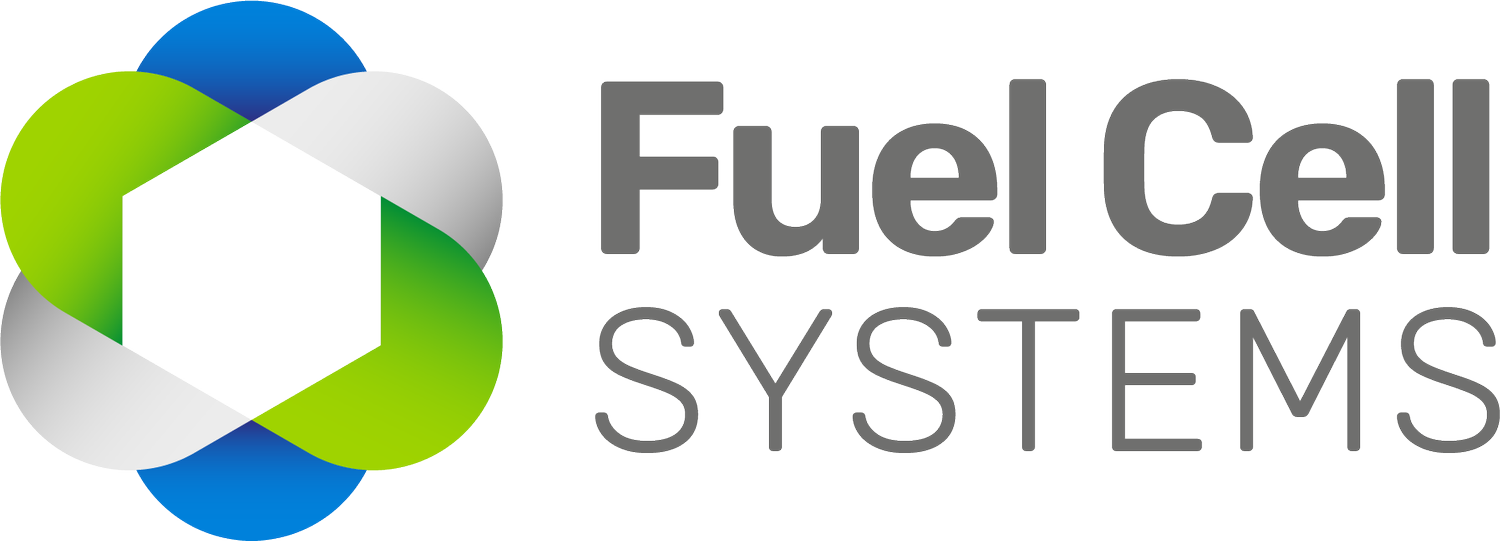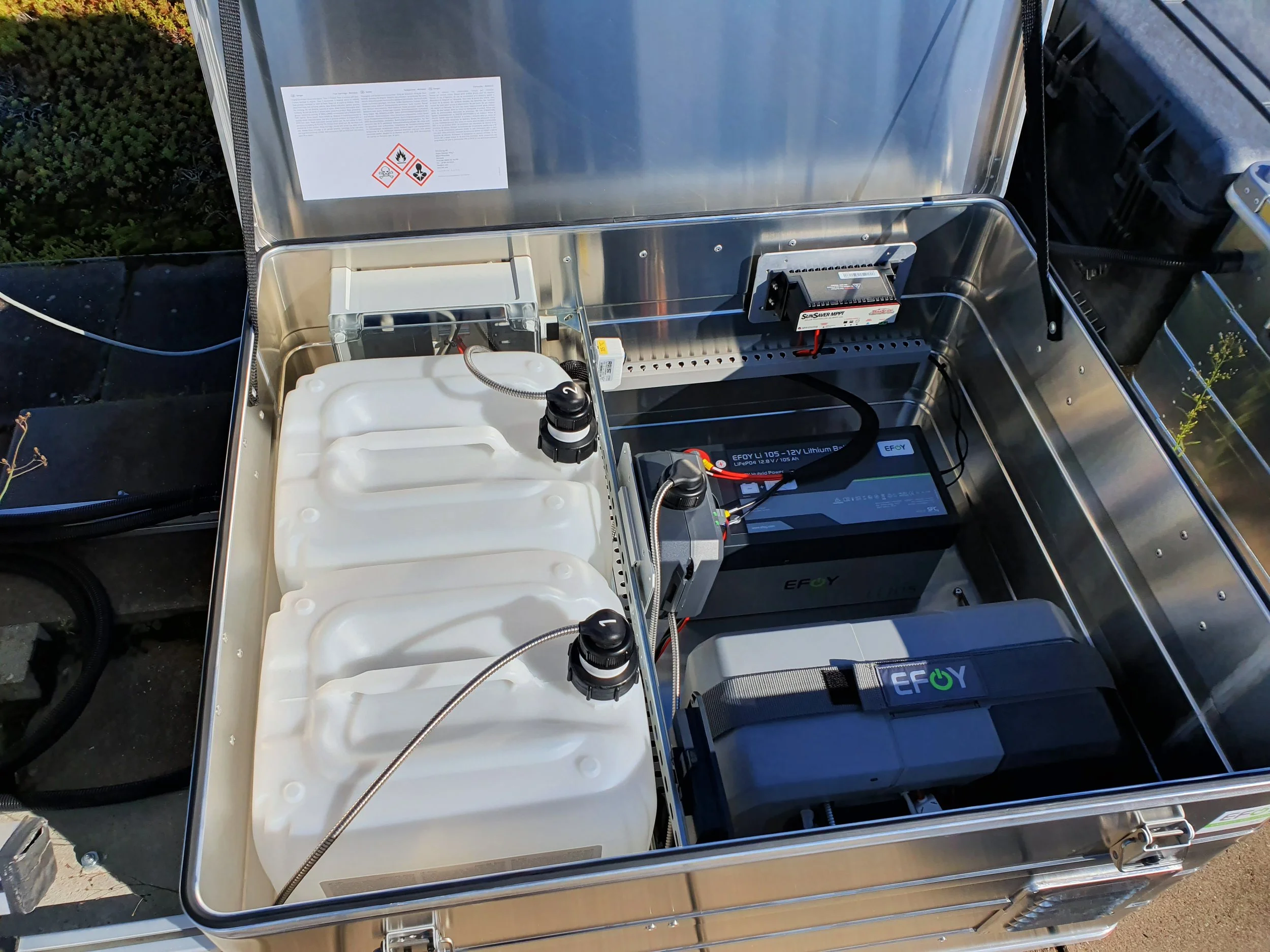EFOY Fuel Cells for Water Monitoring
The UK water industry is under increasing pressure to meet government-mandated environmental and performance targets. These include reducing carbon emissions, tightening environmental monitoring, and strengthening energy resilience.
Fuel cells provide a clean, efficient, and resilient energy source to address these challenges. By delivering continuous power, they ensure that real-time monitoring systems remain online and compliant with regulatory requirements.
WWEM Expo 2025
We exhibited at the WWEM Expo in September, where we focused on our EFOY fuel cell solutions for the water, wastewater, and environmental management sectors. This was a fantastic chance to demonstrate the versatility of fuel cell technology and its role in delivering reliable, sustainable power across diverse applications.
EFOY Technology For Monitoring Water Quality
There is an increasing need to ensure our rivers are clean and safe for both the environment and public health. Fuel Cell Systems Ltd delivers the power solution needed to support continuous water quality monitoring—ensuring reliable data, supporting off-grid sites sustainably, and giving communities real-time information on river conditions. Find out more here
Demonstration Units Available
At Fuel Cell Systems, we’ve seen firsthand just how reliable, efficient, and low-maintenance these systems are, delivering clean, quiet power in even the most remote and demanding locations. We offer trials for the EFOY fuel cell, to give you an opportunity to test the technology on-site and experience the benefits before making a commitment.
Set Up of a Direct Methanol Fuel Cell
The EFOY continuously monitors the battery voltage, automatically turning on and off to charge the batteries. It effectively acts as a ‘battery charger’ ensuring that the batteries are kept within the optimal voltage range. Compared to an internal combustion generator, the EFOY fuel cell has few moving parts providing higher levels of reliability and reduced noise levels. The only emissions it produces are tiny amount of carbon dioxide and water.




